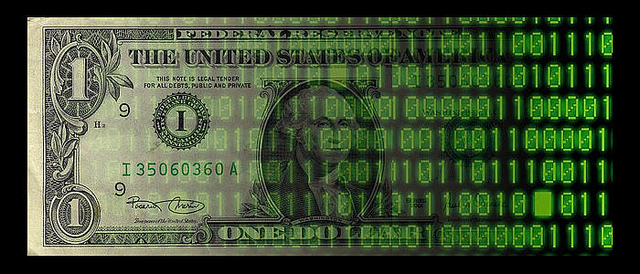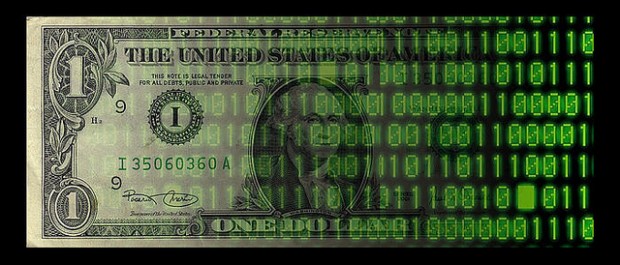
Internet Tax Bill Down, But Not Quite Out
-
Joe Wertz
A bill forcing online merchants to collect sales taxes was defeated in the House last week, but supporters are pledging to push forward.
The bill’s author, state Rep. Pat Ownbey, R-Ardmore, has until Tuesday to ask the house to reconsider the measure, which failed on a 41-43 vote.
All retail sales — online and otherwise —are taxable in Oklahoma. But the Internet tax debate comes down to responsibility for collection.
For a standard brick-and-mortar store, it’s straightforward: The retailer collects the sales tax. The same goes for online retailers that have a physical presence — like a storefront or warehouse — in Oklahoma.
If the online retailer doesn’t have a physical presence in Oklahoma, the sale is subject to the state use tax, which is set at the same rate as the sales tax, but is self-assessed and collected by the buyer.
Retailers are good at collecting sales taxes; Oklahomans aren’t so great about taxing themselves. Less than 4 percent of Oklahoma tax-filers actually pay the use tax, tax commission records show.
[bill id=”HB 2586″ state=ok session=”2011-2012″ align=left]
The only real way to capture the ever-growing revenue stream of online sales is to make the retailer responsible for collection.
The Tulsa World explains:
House Bill 2586 would change the definition of a retail presence to include companies that have people who deliver, install, assemble or perform maintenance services for the retailer. It also would include companies that use the same trademarks, service marks, or trade names in Oklahoma as they use online under a different corporate name.
Another issue is brick-and-mortar stores, who’ve lobbied hard — both at the state and national level — and complain that their non tax-collecting online counterparts have an unfair advantage.
Some state lawmakers argue that HB 2586 is too broad, including Rep. Randy Terrill, R-Moore.
Terrill said the way he interprets the bill on online sales of intangible goods — such as ebooks, iPhone apps and satellite music — that went through an Oklahoma server farm would be subject to taxation, The World reports.

